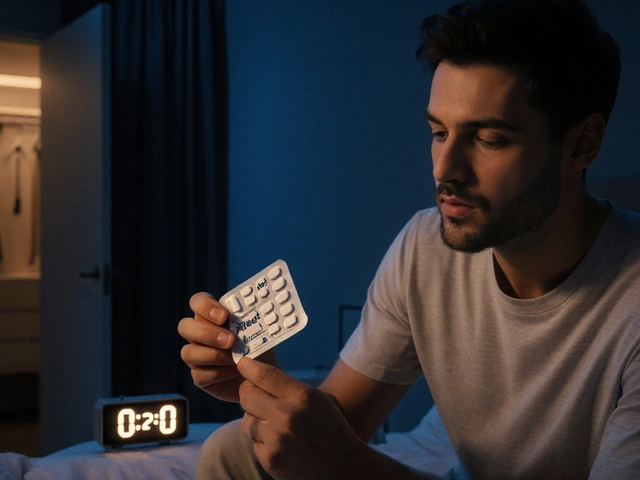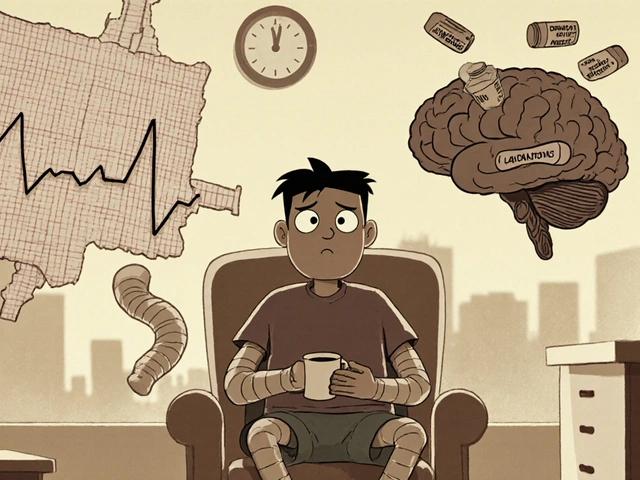Vision Health: Essential Tips & Resources
Keeping your eyes in good shape isn’t a luxury—it’s a daily habit. From screen time to sunshine, many things affect how well you see. In this guide we’ll break down the basics of eye health, point out the most common problems, and give you simple actions you can start today. Think of it as a quick health check‑up for your sight.
Common Vision Problems
Most adults will deal with at least one of the following: nearsightedness (myopia), farsightedness (hyperopia), astigmatism, or age‑related presbyopia. Myopia has risen dramatically in the last decade, especially among people who spend long hours on phones or computers. Hyperopia is less obvious—you might only notice it when you try to read something up close. Astigmatism creates blurry or distorted vision at any distance, while presbyopia shows up after age 40, making it harder to focus on near objects.
Beyond refractive errors, dry eye, cataracts, glaucoma, and macular degeneration are big concerns. Dry eye feels like sand in the eye and often gets worse in air‑conditioned rooms. Cataracts cloud the lens and are the leading cause of vision loss worldwide, but surgery can restore clarity. Glaucoma quietly damages the optic nerve, so regular pressure checks matter. Macular degeneration targets the central part of the retina and can threaten reading and face recognition.
How to Keep Your Eyes Healthy
Start with the 20‑20‑20 rule: every 20 minutes, look at something 20 feet away for at least 20 seconds. This tiny break reduces eye strain from screens. Wearing sunglasses that block 99‑100% of UV rays protects the retina from sun damage—think of them as sunscreen for your eyes.
Nutrition plays a real role, too. Foods rich in omega‑3 fatty acids, lutein, and zeaxanthin—like salmon, kale, and eggs—support retinal health. If you don’t get enough from meals, consider a supplement with those nutrients after checking with your doctor.
Don’t skip regular eye exams. An optometrist can spot early signs of glaucoma or diabetic eye disease before you notice any symptoms. Most people need a check‑up every one to two years, but if you have a family history of eye disease, aim for yearly visits.
Finally, protect your eyes from injuries. Safety glasses at work, sports goggles for cycling or racquet games, and proper handling of chemicals can prevent accidents that lead to permanent damage.
Our tag page gathers the latest articles on vision health, from new research on blue light filters to practical guides on choosing the right glasses. Browse the list to find deeper dives on specific conditions, product reviews, and expert tips. Whether you’re looking to understand a new diagnosis or simply want everyday habits for sharper sight, the resources here are designed for real‑world use.
Take one step today—adjust your screen habits, wear UV‑blocking shades, or book an eye exam. Small changes add up, and a little effort now can keep your vision clear for years to come.





